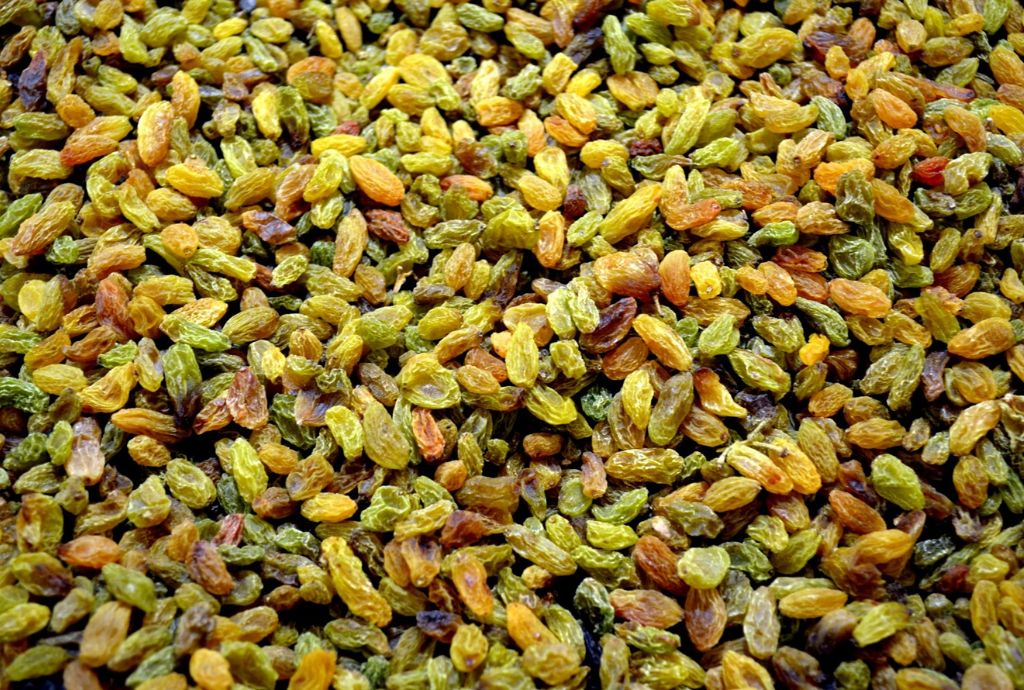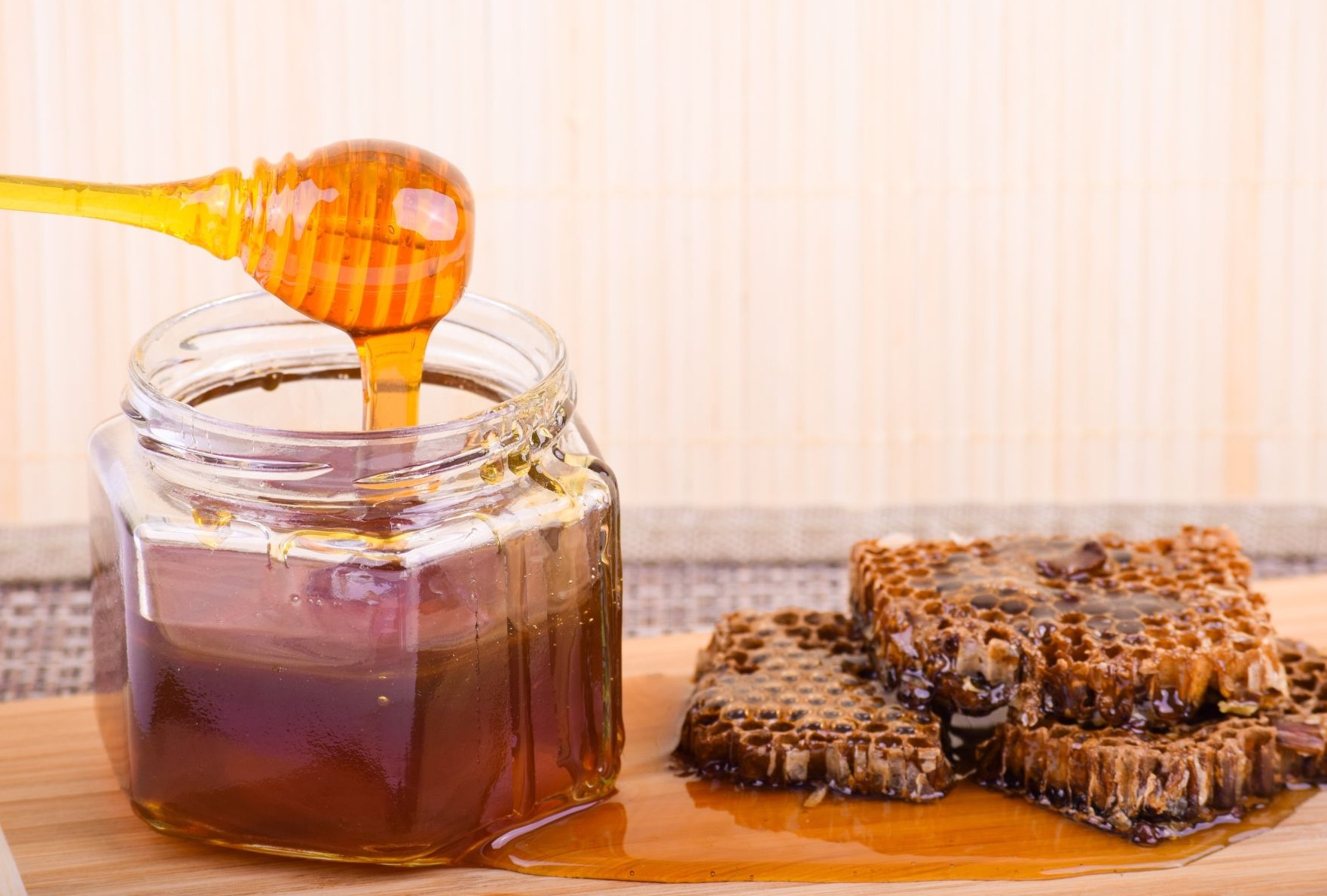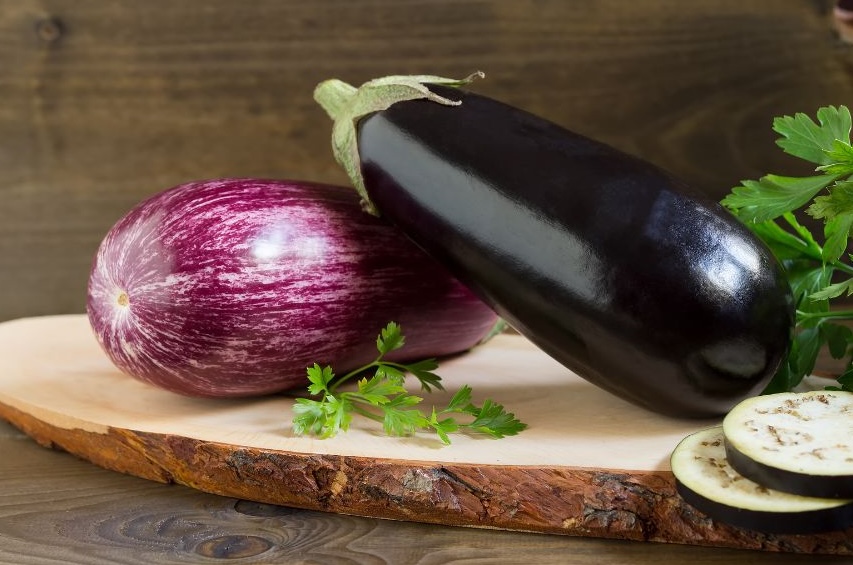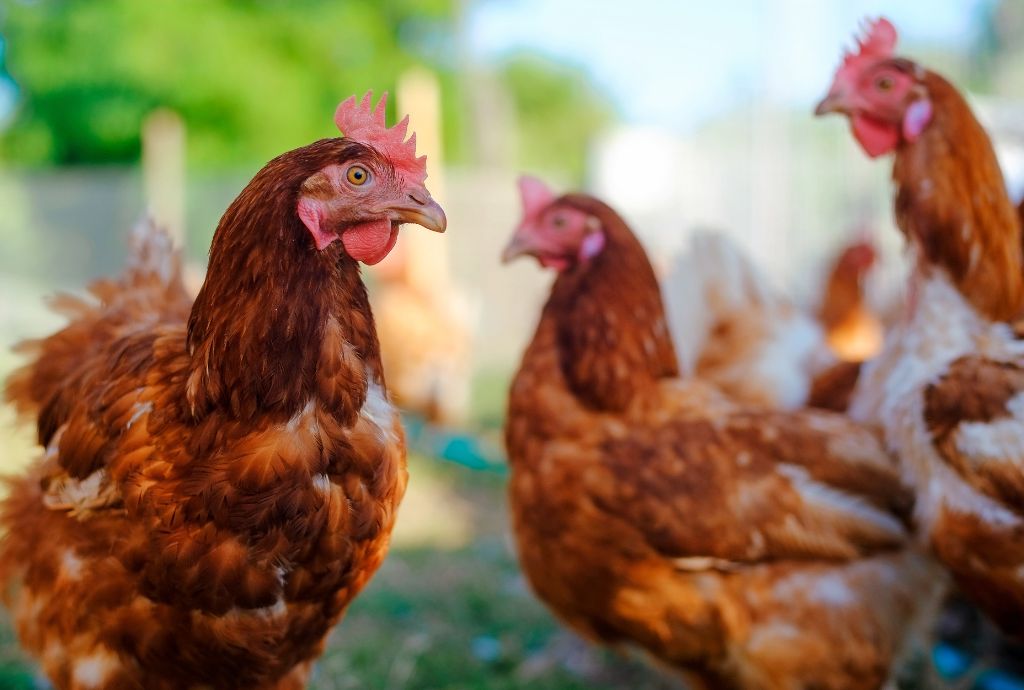
Raising chickens can be a rewarding experience, but it also comes with its fair share of questions and concerns, especially when it comes to their diet. One common question many poultry enthusiasts ask is, “Can chickens eat lettuce?” The simple answer is yes, chickens can eat lettuce, but there are several factors to consider to ensure it is safe and beneficial for your feathered friends. This article will delve into the details of feeding lettuce to chickens, covering everything from nutritional benefits to potential risks and best practices.
When incorporating new foods into your chickens’ diet, it’s crucial to understand the nutritional content and how it fits into their overall dietary needs. Lettuce, a leafy green vegetable, is often available in most households and seems like a convenient treat. However, not all types of lettuce are created equal, and some may be more suitable for chickens than others. To provide a balanced and healthy diet for your chickens, it’s essential to explore the different types of lettuce, their benefits, and the potential risks associated with feeding lettuce to your flock.
Table of Contents
Nutritional Benefits of Lettuce for Chickens
Vitamins and Minerals in Lettuce
Lettuce is rich in vitamins and minerals that can be beneficial for chickens. It contains vitamins A, C, and K, as well as folate and iron. These nutrients are essential for maintaining healthy growth, boosting the immune system, and ensuring proper blood clotting in chickens. Including lettuce in their diet can provide these necessary vitamins and minerals, contributing to overall health and vitality.
Hydration and Fiber Content
One of the significant benefits of feeding lettuce to chickens is its high water content. Lettuce is about 95% water, making it an excellent source of hydration, especially during hot weather. Additionally, the fiber in lettuce aids in digestion and helps maintain a healthy gut, which is crucial for nutrient absorption and overall digestive health.
Types of Lettuce Suitable for Chickens
Romaine Lettuce
Romaine lettuce is one of the best options for chickens due to its higher nutritional value compared to other lettuce varieties. It contains more vitamins and minerals, providing a more significant health benefit. Moreover, romaine lettuce has a higher fiber content, which can aid in digestion.
Iceberg Lettuce
Iceberg lettuce is less nutritious than other types of lettuce and has a high water content with minimal vitamins and minerals. While it can still be fed to chickens in small amounts, it should not be the primary source of greens in their diet. Too much iceberg lettuce can lead to digestive issues due to its low fiber content and high water content.
Potential Risks of Feeding Lettuce to Chickens
Overfeeding and Nutrient Imbalance
While lettuce can be a healthy addition to a chicken’s diet, overfeeding can lead to nutrient imbalances. Lettuce should be given as a treat rather than a staple food. Too much lettuce can dilute the intake of essential nutrients found in their primary feed, leading to deficiencies over time.
Pesticide Contamination
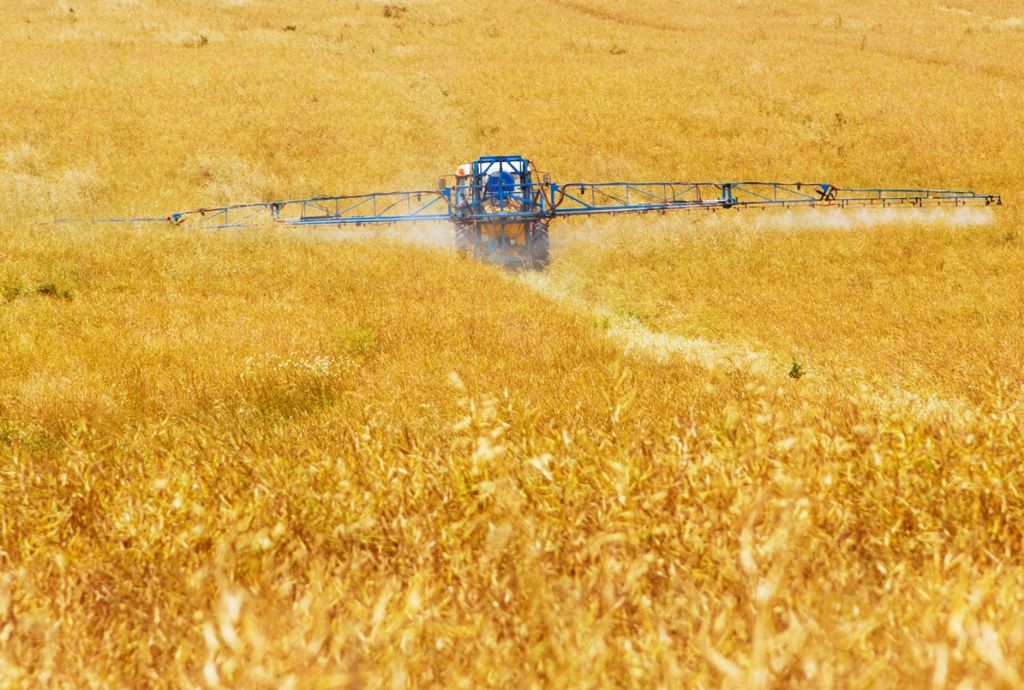
Another concern with feeding lettuce to chickens is the potential for pesticide contamination. It is crucial to ensure that the lettuce provided to chickens is free from harmful chemicals. Washing the lettuce thoroughly or opting for organic lettuce can help minimize this risk.
By understanding the nutritional benefits and potential risks, you can make informed decisions about including lettuce in your chickens’ diet. Proper moderation and careful selection of lettuce types will help ensure your chickens remain healthy and thriving.
How to Safely Introduce Lettuce to Your Chickens’ Diet
Start Slowly
When introducing lettuce or any new food to your chickens, it’s important to do so gradually. Begin by offering small amounts of lettuce mixed with their regular feed. Observe how they react to the new food and ensure they are consuming it without any adverse effects. Gradual introduction helps prevent digestive upset and allows chickens to adjust to the new addition to their diet.
Monitor for Adverse Reactions
After feeding lettuce to your chickens, keep an eye out for any signs of digestive issues such as diarrhea or decreased appetite. If you notice any negative reactions, reduce the amount of lettuce or eliminate it from their diet until you can identify the cause. Consulting with a veterinarian may also be helpful to ensure there are no underlying health issues.
Ensure a Balanced Diet
While lettuce can be a beneficial treat, it should not replace a well-balanced diet. Chickens require a variety of nutrients that are best provided through a high-quality commercial feed designed for their specific life stage. Lettuce and other treats should only make up a small portion of their overall diet to maintain optimal health.
Best Practices for Feeding Lettuce to Chickens
Organic and Pesticide-Free Lettuce
To minimize the risk of pesticide exposure, always choose organic lettuce or lettuce that has been grown without the use of harmful chemicals. If purchasing from a store, thoroughly wash the lettuce before feeding it to your chickens. If you grow your own lettuce, you can have better control over its cultivation and ensure it is safe for your flock.
Chopping Lettuce into Manageable Pieces
Chickens can have difficulty pecking at large leaves of lettuce, so it’s best to chop it into smaller, manageable pieces. This makes it easier for them to eat and reduces the risk of choking. Smaller pieces also encourage all chickens in the flock to get a fair share of the treat.
Mixing Lettuce with Other Treats
To add variety and enhance the nutritional value, consider mixing lettuce with other safe vegetables and greens. Combining different types of greens, such as kale, spinach, and herbs, can provide a broader spectrum of nutrients and make the treat more appealing to your chickens.
Other Leafy Greens for Chickens
Kale
Kale is another leafy green that can be highly beneficial for chickens. It is packed with vitamins A, C, and K, as well as calcium and antioxidants. These nutrients support immune function, bone health, and overall vitality. Kale’s tougher texture also helps with pecking enrichment, keeping chickens entertained as they forage.
Spinach
Spinach is rich in iron, calcium, and vitamins A, C, and K. It is a great addition to a chicken’s diet in moderation. However, due to its oxalic acid content, which can interfere with calcium absorption, spinach should not be overfed. A few leaves mixed with other greens provide a nutritional boost without adverse effects.
Swiss Chard
Swiss chard is another nutritious option for chickens, offering vitamins A, C, and K, as well as magnesium and potassium. Its vibrant colors can also stimulate chickens’ natural curiosity and foraging behavior. As with spinach, moderation is key to prevent any potential negative impact on calcium levels.
Importance of Foraging and Natural Diet
Encouraging Natural Behavior
Providing a variety of leafy greens and other safe vegetables can encourage natural foraging behavior in chickens. This not only enriches their environment but also promotes physical and mental stimulation. Scatter the greens around their run or yard to mimic natural foraging conditions, allowing chickens to peck, scratch, and explore.
Supplementing Free-Range Diets
For chickens that are free-range, leafy greens like lettuce can supplement the diet they naturally obtain from grazing on grass, insects, and other small plants. Free-range chickens often have a more diverse diet, but offering additional greens ensures they receive a consistent supply of essential nutrients.
Tips for Growing Your Own Chicken-Friendly Greens
Selecting the Right Varieties
When growing greens for your chickens, choose varieties that are easy to cultivate and thrive in your climate. Opt for nutrient-dense options such as romaine lettuce, kale, and Swiss chard. These greens can often be grown in a home garden with minimal effort.
Organic Gardening Practices
Utilize organic gardening practices to ensure the greens you grow are free from harmful pesticides and chemicals. Companion planting, natural pest deterrents, and organic fertilizers can help maintain a healthy garden. This approach benefits not only your chickens but also the environment.
Harvesting and Storing
Harvest greens at their peak freshness and store them properly to maintain their nutritional value. Rinse them thoroughly to remove any dirt or potential contaminants. Store in a cool, dry place or refrigerate if necessary, and only offer fresh, crisp greens to your chickens.
Conclusion
Feeding lettuce and other leafy greens to chickens can provide a valuable source of vitamins, minerals, and hydration, contributing to their overall health and well-being. By understanding the nutritional benefits and potential risks, introducing new foods gradually, and ensuring a balanced diet, you can enhance your chickens’ diet effectively. Additionally, encouraging natural foraging behavior and supplementing free-range diets with homegrown greens can further enrich their lives. With thoughtful consideration and best practices, your chickens can enjoy a diverse and nutritious diet, leading to a happy and healthy flock.
